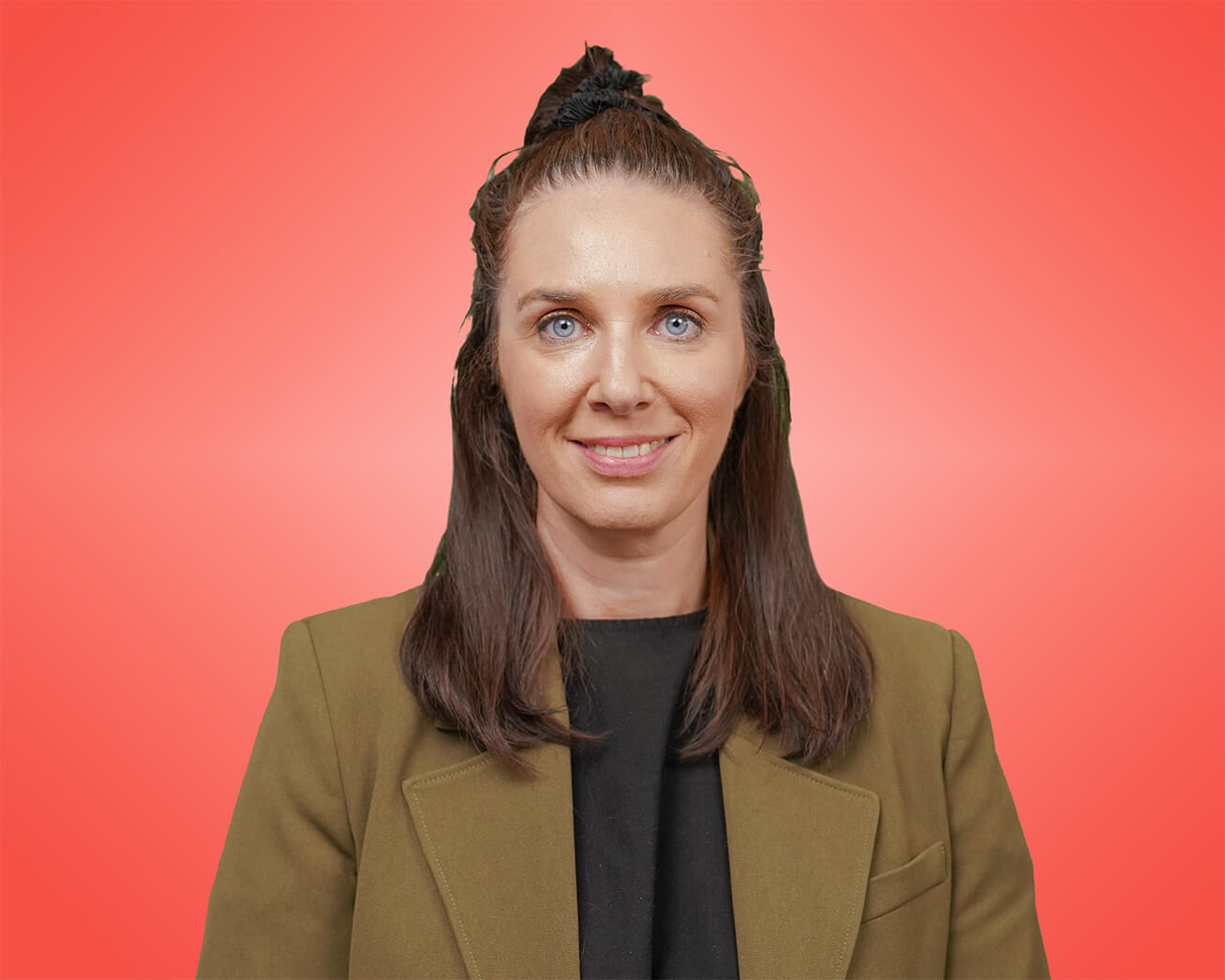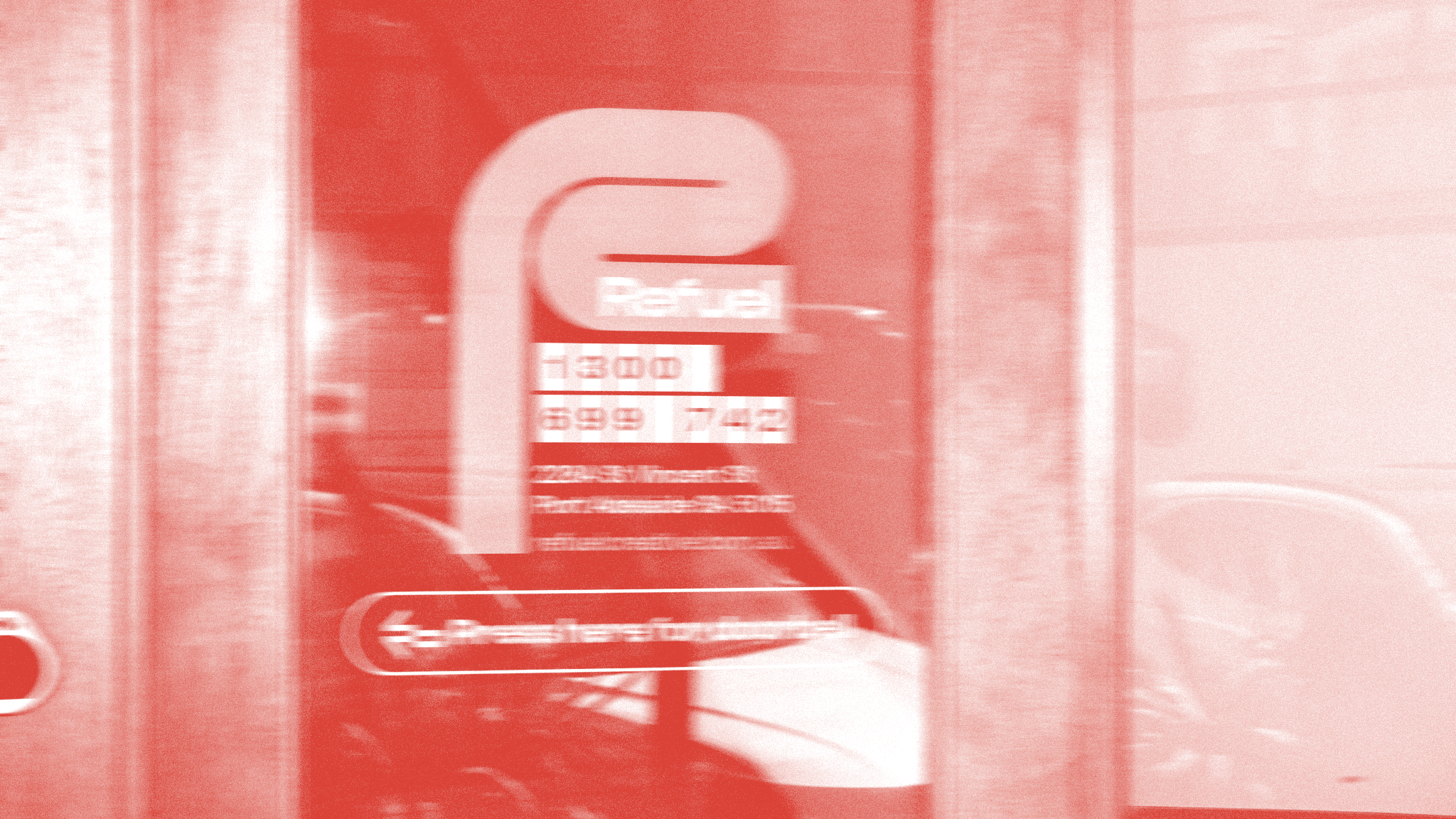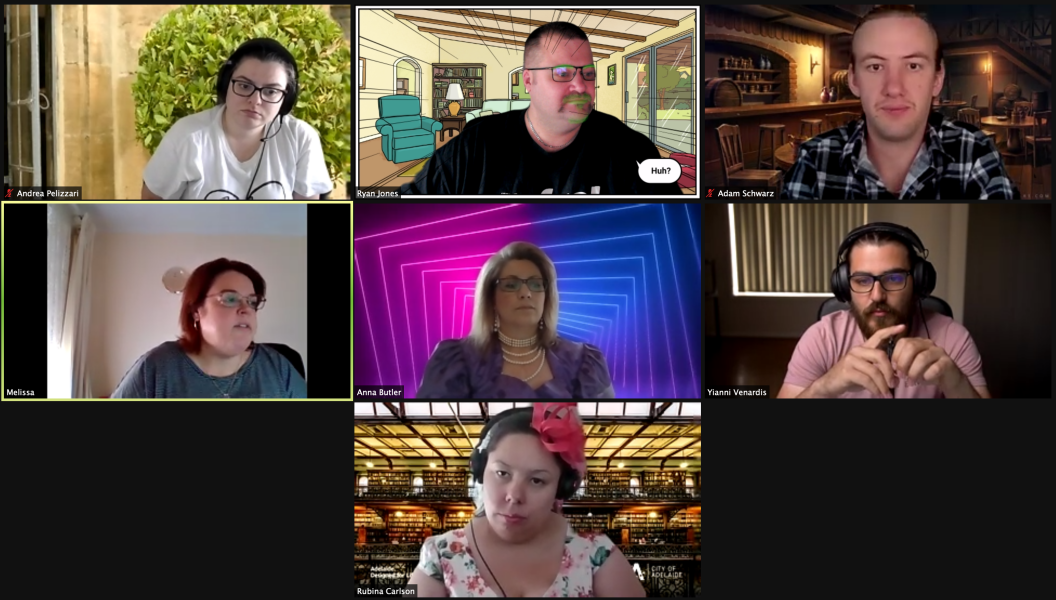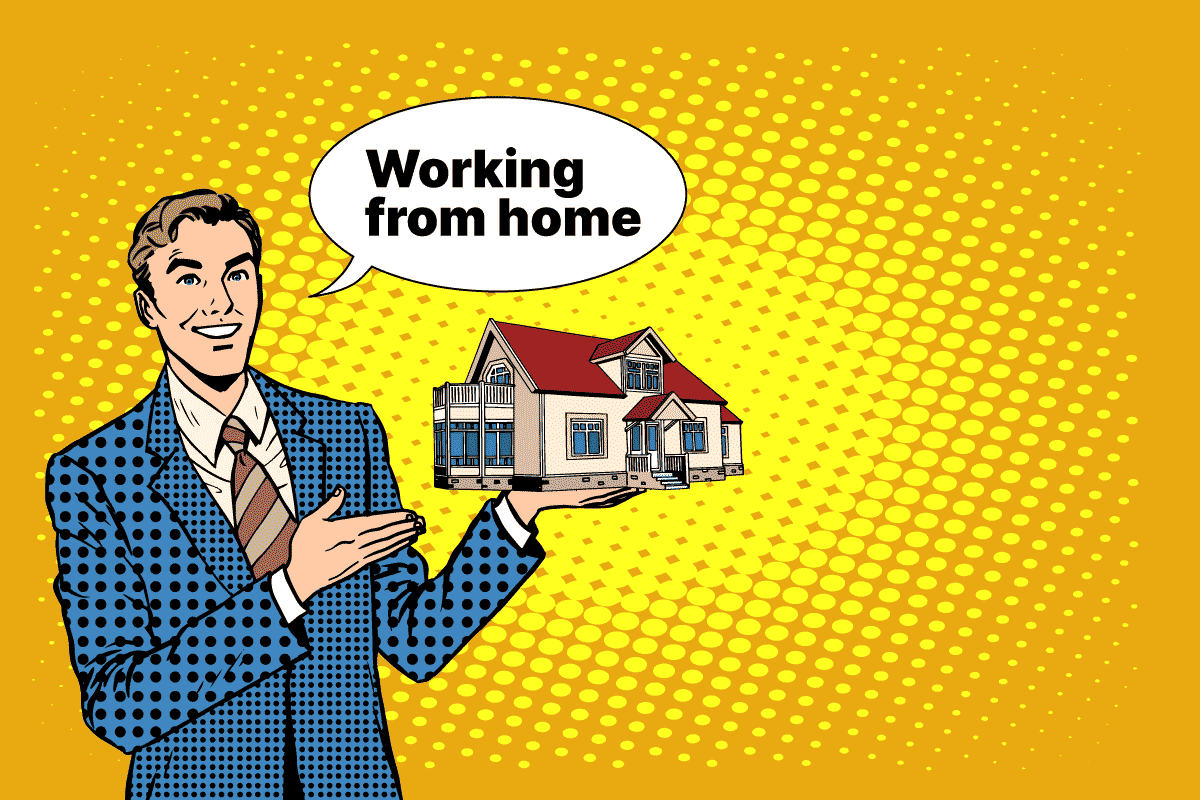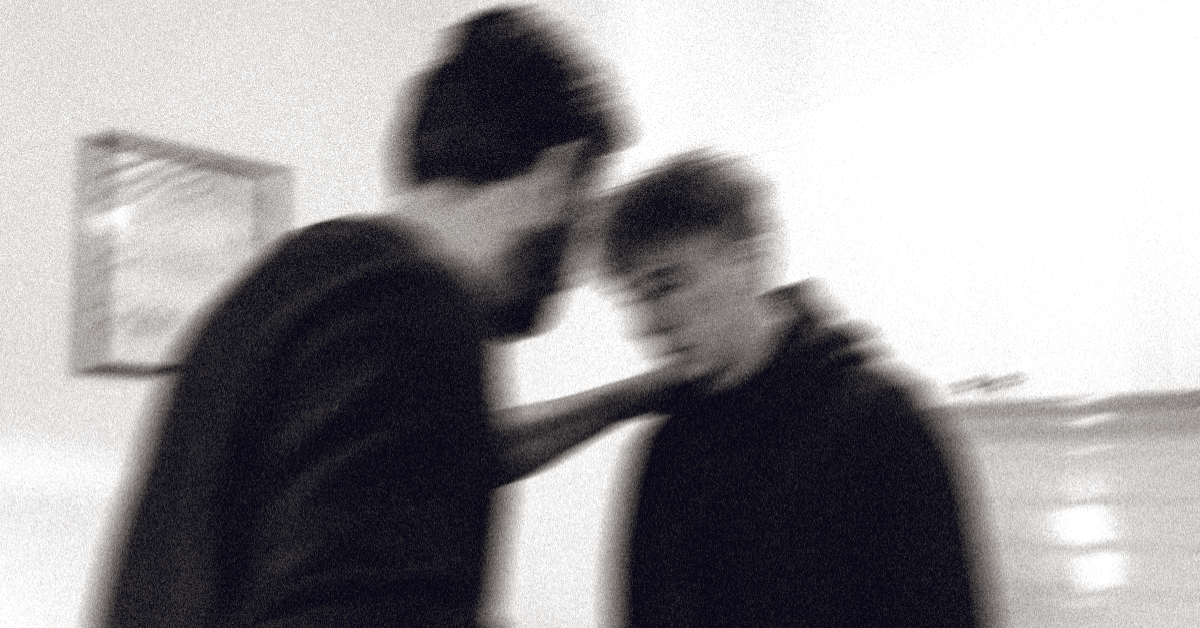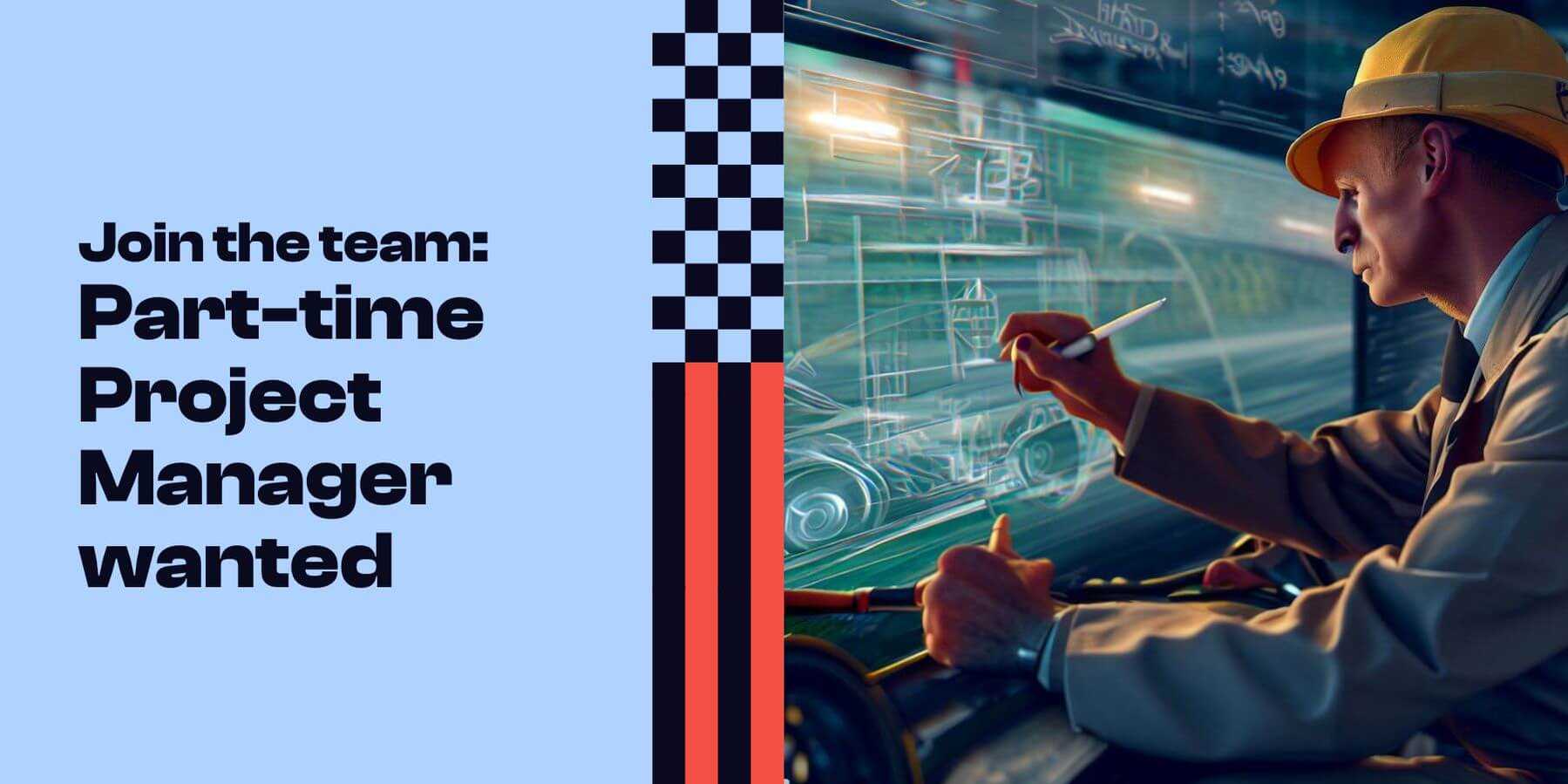Burnout is real... and it's growing
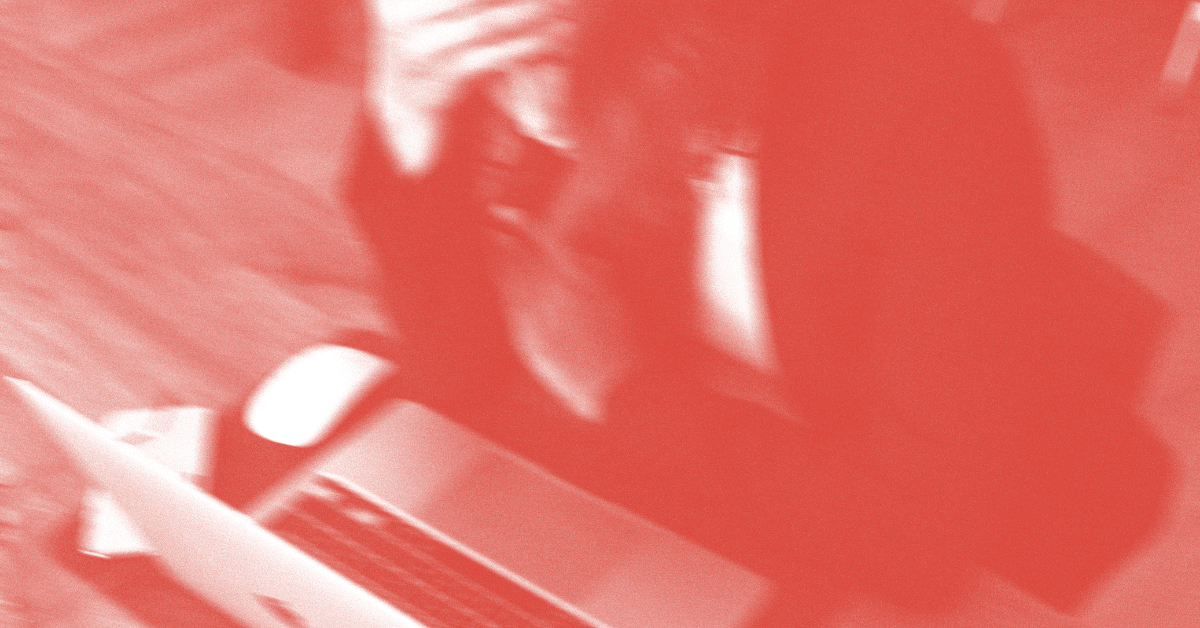
Last updated: 27 January 2025
Burnout is real… and it’s a phenomenon that’s growing. With today being World Mental Health Day, we wanted to talk about how important work/life balance is and preventing burnout.
Burnout is an occupational phenomenon
Burnout is recognised by the World Health Organization as an occupational phenomenon. Burnout is a “result of chronic workplace stress that has not been successfully managed”. It is characterised by:
- Lack of energy or exhaustion
- Mentally distancing yourself from your job or having negative feelings or cynicism relating to your job; and
- Reduced efficacy
WHO developed Guidelines on mental health at work along with the Mental health at work: Policy brief in collaboration with the International Labour Organization. This is to “help promote mental health, prevent mental health conditions and enable people living with mental health conditions to participate and thrive in work”.
With more than half the world’s population currently in work and 15% of working-age adults living with a mental disorder, it’s a phenomenon we can’t ignore.
In a Global Leadership Forecast in 2021 from Development Dimensions International, nearly 60% of leaders reported they feel used up at the end of the workday. This is a strong indicator of burnout.
Burnout doesn’t discriminate either. With 86% of high-potential employees feeling burnout, it can affect anyone - CEO, business owner, employee, freelancer, contractor.
It’s also not a badge of honour that you want to be sharing all over your Instagram. But people do. The rise of influencers sharing their day in the life vlogs, showcase that we must be busy to be successful. There is even a term for it - hustle culture.
“Hustle culture is the notion of investing everything you have into your work to the point where you don’t have anything left to invest in yourself”.
However, the very notion of the social media trend of Instagram vs Reality says it’s not ok to share our real, raw lives. It is then no wonder that when it comes to what we should share on social media or IRL, we’re confused.
Work/life balance struggles
According to We Are Unity, 67% of Australian workers are struggling to find work/life balance since the Covid pandemic. After the rise in those working from home, we’re finding it hard to switch off.
Companies are doing their best to help people find that balance. Refuel Creative takes a human-centric approach to their team. We know that life doesn’t always fit into a 9 to 5 box so provide a flexible working environment to suit the individual.
I have been at Refuel since August this year. I came from freelance life. A life that you can so easily burnout from if you aren’t motivated and don’t know how to separate work from personal life. Where most of the time you login to start the workday before the sun has risen and you never finish at 5. Yes, you can make your own hours, but often they include all the hours in the day, and night.
Before that I worked for five years for a global corporate company. A place that didn’t necessarily have a clock off time. They had an unspoken expectation that you would stay until the work was done.
I recall many times looking at the clock and it was past midnight. Yes, it was mainly around our event season, but I can tell you burnout is real. It encompasses every pore of you. I remember the very things I loved about my work, I now dreaded.
One of the things that I admired the most about Refuel was the team, family vibe. Most companies say they are like family. However, they keep you at arms length, never really daring to get to know you. For them, it’s something you say, not something you feel.
At Refuel, it’s something they show. At Refuel, you clock off. You are not expected to work late nights or weekends. Everyone takes a lunch break… away from their desks.
They understand life can get in the way. They allow for a more flexible working environment. In doing so, they actually create an environment that you want to be in. One you want to work at.
We spend more time “at work” than “at home”. Refuel wants to make the work experience as great as possible. Rather than burnout, alone and sometimes never recover.
So far, two things have stuck with me since starting at Refuel.
First, when writing a job ad for a new position, our CEO Ryan asked me to change the terminology from “work for us” to “work with us”. The Refuel he has created has a work with us mentality, that is, well, true.
Second, when I wrote a social media post about World Mental Health Day and burnout, he said to me this deserves to be a blog as it’s a big issue. That’s a team that knows the power of mental health, good and bad and that we need to talk about it.
Spotting burnout
There are a range of symptoms when it comes to burnout. The best way to spot burnout in yourself, your team and others is to take note of the symptoms and be aware.
Symptoms include:
- Low energy, motivation or mood
- Feeling exhausted
- Disrupted sleep
- Feeling isolation or being trapped
- Feeling disengaged from work
- Decreased life satisfaction
- Headaches
Whilst anyone can suffer from burnout, research has shown that there are certain personality types that are more prone to it. Carefree and easy-going people may be less likely to develop burnout but they also shouldn’t be discarded.
Spotting burnout in yourself
If you’re feeling a sense of disengagement and dread when it comes to work on a regular basis you may be suffering from burnout. Make sure to take some time out to get in touch with your feelings. Ask yourself:
- How do I feel when I first wake up in the morning?
- Am I exhausted at the beginning of the day?
- Am I excited for the workday ahead?
- How was my sleep?
Asking these simple questions of yourself, may help you spot burnout.
Spotting burnout in your team
As an employer, you have a duty of care to not only spot burnout but to act to prevent and manage burnout.
Changing the culture of your business and creating a healthier environment is much more than providing healthy snacks and adding a table tennis table to the mix. There are many ways that leaders can actually take notice and do something about their employees' wellbeing.
Spotting burnout in your colleagues
Do you have a colleague that’s a perfectionist and heavily work-focused? Are they the first ones in the office and the last to leave? They could be showing signs of burnout. Ask yourself if any of your work colleagues are taking regularly sick days. Someone that used to share a bunch of great ideas in meetings, but now doesn’t contribute at all? If you notice a change in behaviour, your colleague may be experiencing burnout.
The cost of burnout
As business owners, if we care more about profits than humans, not only will our employees lose out, so will our businesses. The cost to the business for, well, not caring is significant. There’s the cost of finding and hiring people, lost productivity and employees taking sick days.
In 2022, it was costing Australian businesses almost $11 billion a year for failing to respond to the needs of employees suffering from mental health issues. So it pays to take note and prevent burnout amongst your team.
Absenteeism cost Australian businesses over $24 billion in lost productivity. Find out what unplanned absenteeism is costing your business.
There are ways that you can actively avoid burnout as a business owner. If you’re already starting to feel the symptoms of it, there are ways to prevent burnout.
Preventing burnout
According to Forbes the first way, as a business leader, is to show empathy. It’s the “single most influential factor that helps prevent burnout”, says Stephanie Neal, director of Development Dimensions International’s (DDI) Centre for Analytics and Behavioural Research. Have regular one-on-ones to get to know your team. Try to understand their personal and professional challenges.
It’s also important to share and show appreciation to your team. “Appreciation is the cure for negativity and burnout”. Think staff awards or sharing team wins, no matter how big or small.
Business leaders also need to:
- Show empathy
- Share gratitude and thanks
- Be conscious when delegating work
- Provide your team with future growth plans as well as short term plans
We Are Unity suggest some good places to start personally are to:
- Create boundaries for yourself around your time and deliverables
- Change your narrative around busy-ness.
- Share your wellbeing wins
- Prioritise self-care
Self-care
Self-care should be a basic core component of life. It should move past the #selfcaresunday movement and be something we do everyday.
Create a self-care model that is personalised. We all need and value different things when it comes to self-care. One may find a walk on the beach soothing. Another may love a hike. Someone else may need a movie day where they can switch off.
We found a tool that can help you avoid burnout and give you the tools you need to take care of yourself. The Self-Care Wheel gives you a way to create a life balance. It covers all aspects of life from professional to emotional to psychological. This can lead to improvements in your overall wellbeing and create more freedom, balance and joy in your life.
Make sure you download the Self-Care Wheel for free.
We can't let burnout win
We can’t be afraid to share how we are feeling. Business leaders must have more empathy for their team. They need to realise in the long run, work can not consume us. If it does, companies will lose their best employees to a company that understands them more and what they need to be productive. Or they will be lost to burnout.
We also need to remember that “productivity and busy-ness are not the same thing”. With better planning and more open communication, we can do more in less time. And not fall victim to burnout because we are doing too much.
We can’t let burnout win. We must take care of each other and ourselves. In the long run, if we don’t, it will cost us all.
